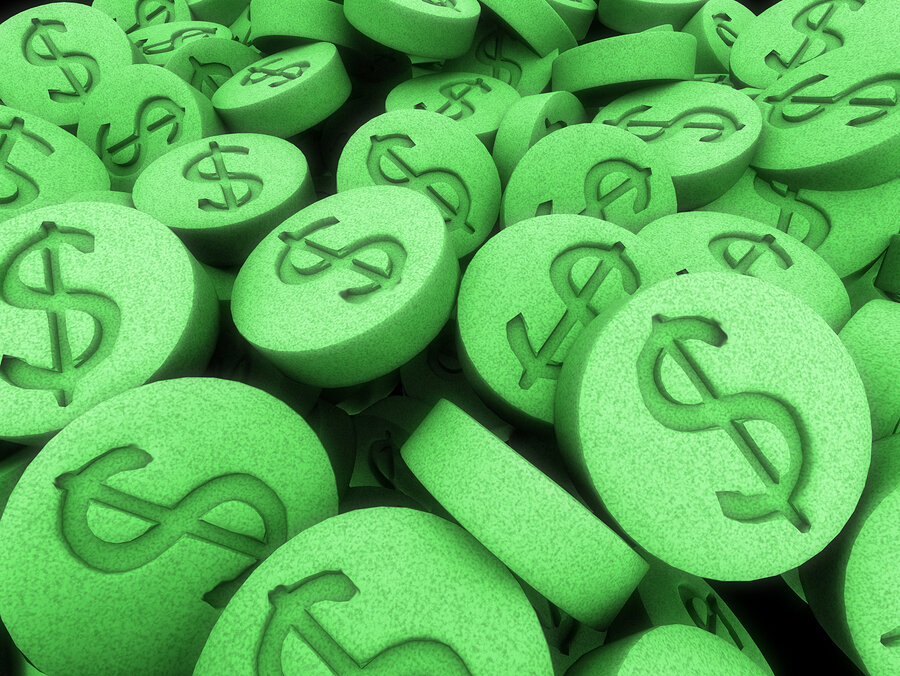Cost of MS Drugs Nearly Tripled
/By Pat Anson, PNN Editor
The cost of prescriptions for disease-modifying multiple sclerosis (MS) drugs nearly tripled in the last decade, even with the introduction of cheaper generic versions, according to a new study funded by the National Multiple Sclerosis Society.
Researchers found spending on 15 MS drugs in the Medicaid program increased from $453 million in 2011 to $1.32 billion in 2017.
“Most of these drugs cost more than $70,000 per year on average and costs for these drugs are among the highest drug cost areas for private insurers as well as Medicare and Medicaid,” said Daniel Hartung, PharmD, of Oregon State University in Portland. “Unfortunately for people with MS, the introduction of a generic drug had a minimal effect on prices overall.”
Hartung and his colleagues found that when a generic version of the drug glatiramer acetate (Copaxone) was introduced in 2015, it was only 15 percent cheaper than the brand name drug made by Teva Pharmaceuticals.
Teva also worked to maintain its market share by encouraging doctors and patients to switch from a 20 mg dose of Copaxone to a 40 mg dose, which was not interchangeable with the new generic.
A second company introduced a generic version of glatiramer acetate in October 2017. Only then did the cost start to come down and generic versions started to get a greater share of the MS market.
“After our study was complete, the company that introduced the second generic drug dropped its costs significantly, making it the lowest cost disease-modifying drug for MS on the market,” Hartung said. “Despite this, there is an urgent need for more robust competition from generics within these MS drugs.”
A similar study published last year found that Medicare paid nearly $76,000 annually per patient for disease modifying therapy (DMT), which reduces the frequency and severity of MS flare-ups. MS is a chronic and progressive disease that attacks the body’s central nervous system, causing pain, numbness, difficulty walking, paralysis, loss of vision, and fatigue.
Many Patients Can’t Afford DMT Meds
A recent survey by the National Multiple Sclerosis Society found that 40% of MS patients who take a DMT drug altered or stopped taking their medication due to the high cost. Only 11% said they could afford the medication without financial assistance.
“People with MS are paying the price, not only financially, but also physically and emotionally,” Bari Talente, executive vice president of advocacy for the National MS Society said in a statement.
“When someone alters or stops the use of their DMT, it can lead to increased symptoms, relapses, stress and anxiety. We need to make these medications affordable and accessible so people already facing a chronic illness don’t have to deal with deciding between buying groceries for their families or paying for their medication.”
The FDA recently approved the first generic versions of Gilenya (fingolimod) for the treatment of relapsing forms of multiple sclerosis (MS). A 30-day supply of brand name Gilenya 0.5mg capsules currently costs about $8,482, according to Healthcare Bluebook, or nearly $102,000 a year.
Few people actually pay the full amount for a DMT drug. About 45% of MS patients do not pay anything out-of-pocket for their DMT. The average annual cost among those who do pay is about $2,300.




